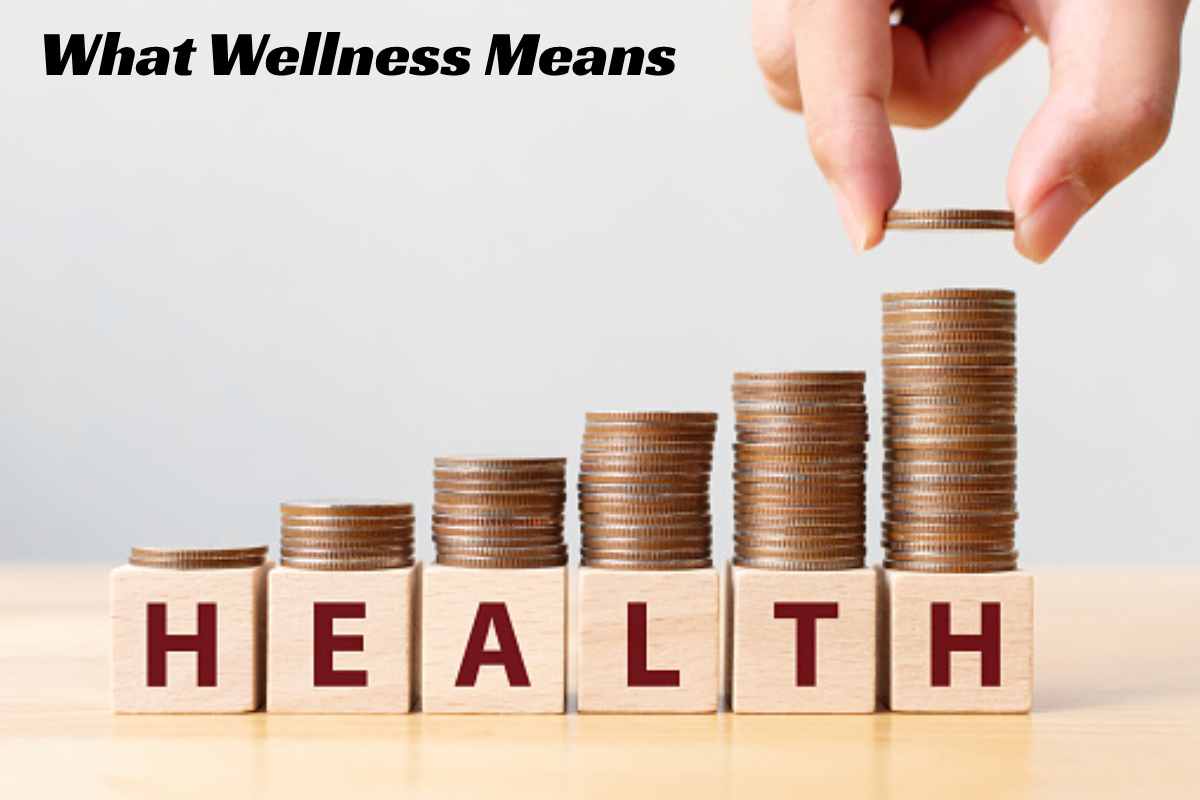Table of Contents
What Is Wellness?
Wellness remains a modern word with ancient roots. The fundamental principles of health, both preventative and holistic, date back to ancient civilisations from the East (India, China) to the West (Greece, Rome). In 19th-century Europe and the United States, various intellectual, religious, and medical movements developed parallel to conventional medicine. With their focus on holistic and natural methods, self-healing, and preventative care, these movements have provided a strong foundation for wellness today.
Holistic and [wellness]-focused modalities have gained more visibility since the 1960s and 1970s under the writings and intellectual leadership of an informal network of American physicians and thinkers such as Halbert Dunn, Jack Travis, Don Ardell, Bill Hettler, and others. As they evolved, increased, and became widespread, they have informed healthy living, self-help, self-care, fitness, nutrition, diet, and spiritual practices that have become a burgeoning wellness movement in the 21st century.
Definition Of Wellness
The Global Wellness Institute defines wellness as the active pursuit of activities and choices. And also lifestyles that lead to a state of overall health.
There remain two critical aspects to this definition. First, wellness is not a passive or static state but rather an active pursuit associated with intentions, choices, and actions as we work toward an optimal state of health and wellness. Second, wellness remains linked to holistic health, which extends beyond physical health and incorporates many different dimensions that should work in harmony.
Well-Being Is an Individual Pursuit:
We remain responsible for our choices, behaviors, and lifestyles, but it remains also significantly influenced by the physical, social and cultural environments in which we live.
[Wellness] remains often confused with terms like health, fitness, and happiness. While there remains common elements between them. Well-being is distinguished by not referring to a static state of being (i.e., being happy, in good health, or a state of well-being). Instead, [wellness] is associated with an active process of being aware and making choices that lead to an optimal holistic health and wellness outcome.
Wellness vs. Well Being
The terms well-being, well-being. And also “happiness” have often remained used together or interchangeably by companies, researchers, and the media. These graphic outlines what they have in common and how these terms differ in concept, usage, and association.
What is a Wellness?
Wellness remains the act of working on healthy habits daily to reach better physical and mental health outcomes so that you’re thriving instead of just surviving.
Meaningful how it relates to health is essential to understanding the place of wellness. According to the WHO, health is physical, mental, and well-being, not just the default of disease or illness.
Several critical areas of your lifestyle are considered dimensions of overall [wellness]. They include social connection, exercise, nutrition, and sleep. And also mindfulness. Each one influences your physical and mental health. So by making simple, healthy daily choices, you’ll be well on reducing stress, having positive social interactions, and achieving optimal [wellness].
Start with small changes within each measurement and take it one day at a time – you don’t have to run a marathon or follow a restrictive diet to implement [wellness] into your daily life! We have listed some examples for each dimension.
Conclusion
In considering the difference between health and wellness, health is a being, whereas [wellness] is living a healthy existence. Health discusses physical, mental, and social well-being; aims to improve well-being.

